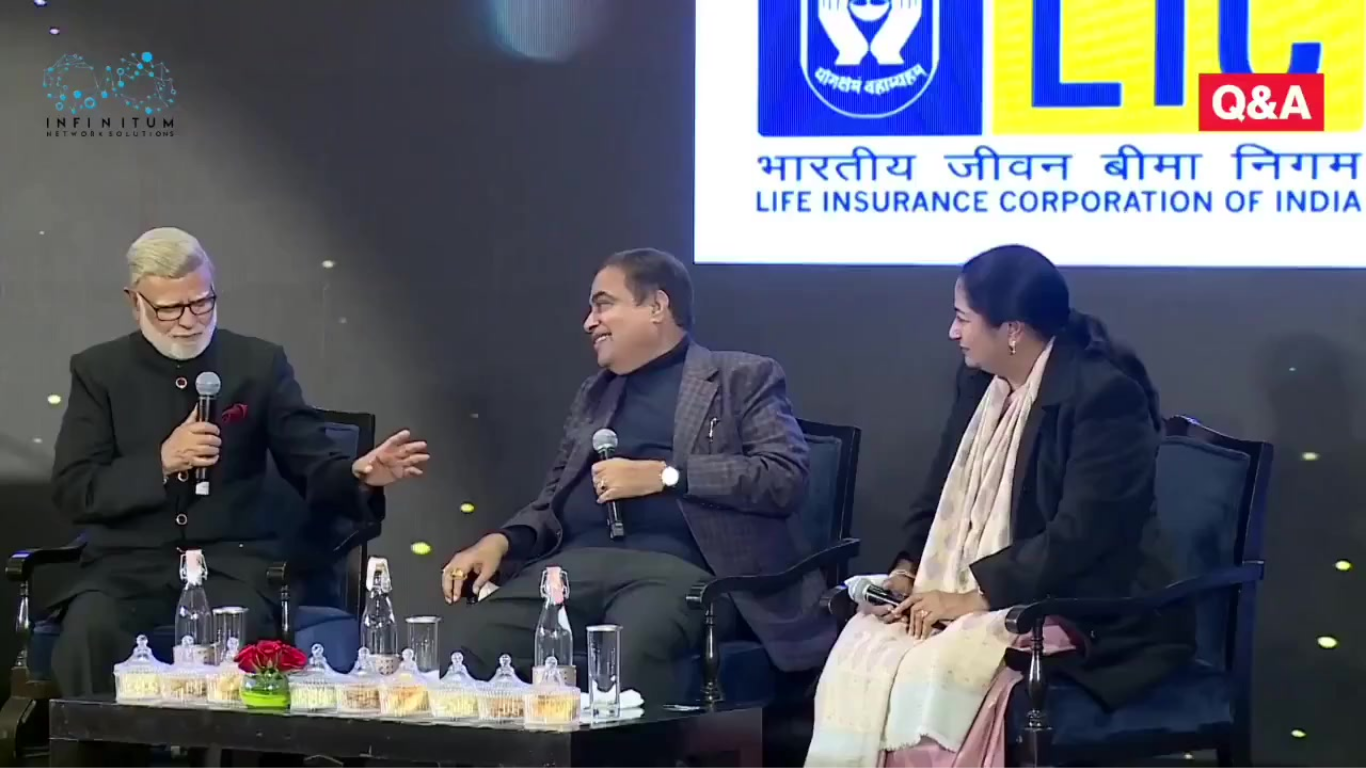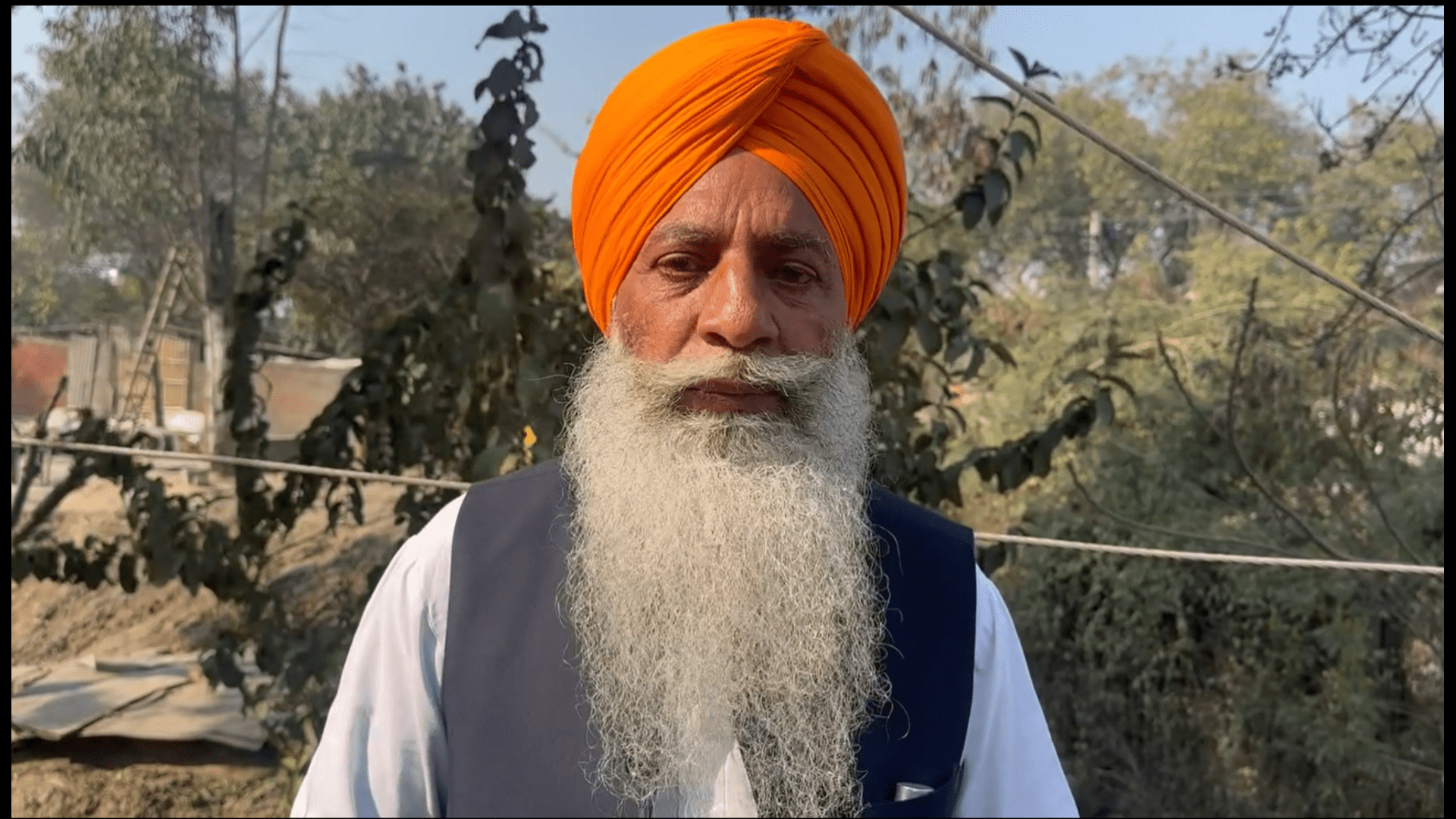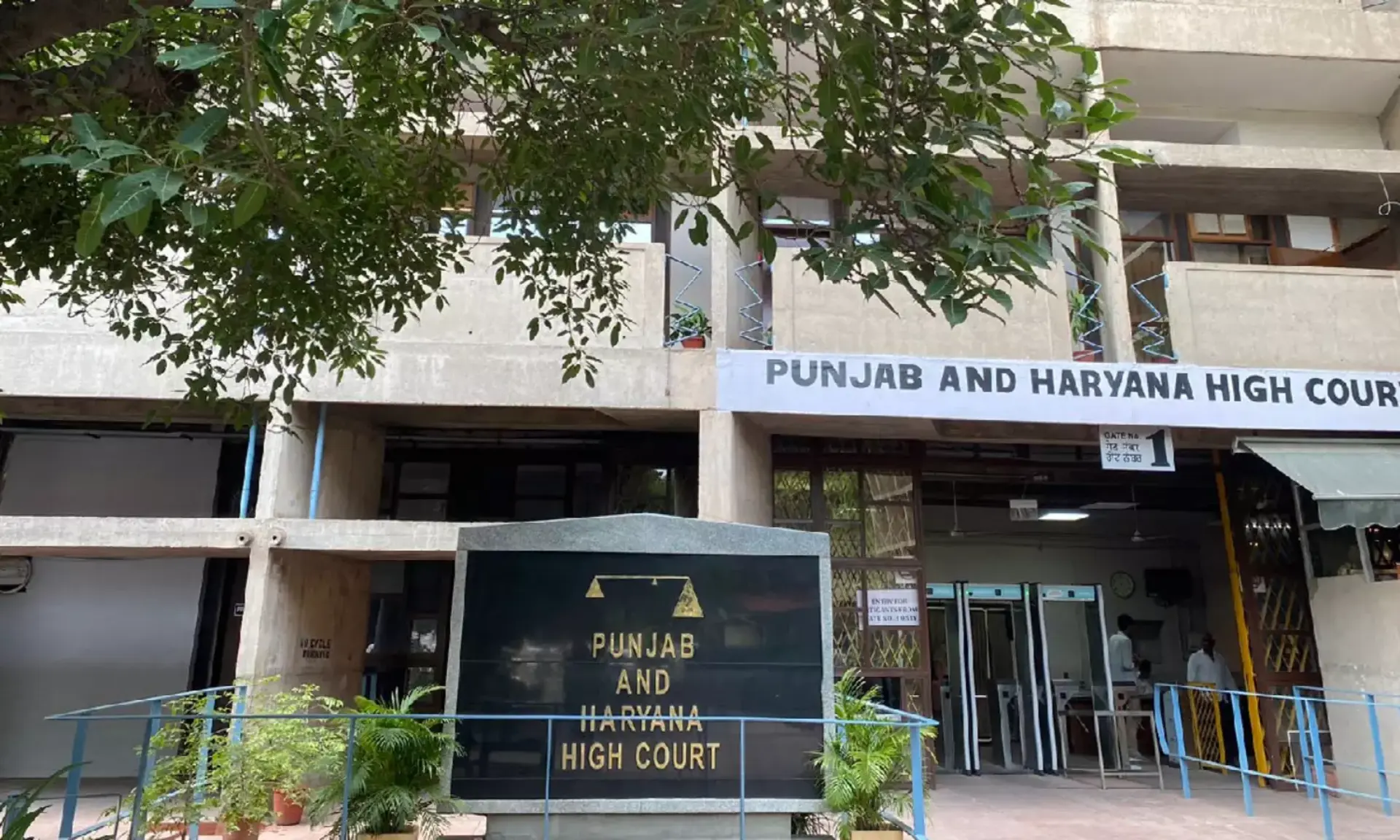
Central Government's Proposal Leaves Out Oilseeds and Bajra
Bhartiya Kisan Union (Charuni) chief, Gurnam Singh Charuni, voiced concerns today over the Central government's proposal to procure five crops on assured MSP, which excludes two major crops—oilseeds and bajra. Charuni emphasised that while the government aims for crop diversification, these crops play a crucial role.
Demand for Inclusion of Oilseeds and Bajra
Charuni stressed the importance of including oilseeds and bajra in the MSP proposal, highlighting their significant production in Haryana and the prevalent issue of selling them below MSP. He urged the government to consider these crops' inclusion to benefit farmers and reduce dependency on imported edible oil. "A major area of mustard crop has been replaced with wheat over the years because the farmers were not getting remunerative prices for mustard. If the government supports, the farmers can grow ample oilseeds, and the dependency on importing edible oil can be reduced," Charuni stated.
Haryana CM Urged to Address Farmers' Concerns
Charuni called upon Haryana Chief Minister Manohar Lal Khattar to actively participate in meetings between Union ministers and farmers to address the issues specific to Haryana's farmers. He emphasized the need for equitable policy implementation across all states, not limited to Punjab alone. "If the Haryana farmers are left out, we will be forced to launch a big agitation," Charuni warned, adding that Haryana farmer unions will actively participate in ongoing protests if their demands are not met by February 21.
Discrepancies in MSP Procurement
Charuni criticized the Haryana CM's claims of procuring 14 crops on MSP, noting that in reality, only wheat and paddy are procured, while others like bajra and sunflower are sold below MSP. He highlighted the need for transparency and accountability in MSP procurement and urged the government to respond to their queries promptly.
With tensions escalating over the exclusion of oilseeds and bajra from the MSP proposal, Haryana farmers remain steadfast in their demand for fair treatment and equitable policies. As the deadline approaches, the government faces mounting pressure to address farmers' grievances and ensure inclusive agricultural policies.
related


₹60,000 Crore Spent, But Gurugram Still Choked: Gadkari Deflects Infrastructure Question With Auto Industry Pitch

Laying the Strongest Foundation Education Reform Language Empowerment and India’s Path to AI Sovereignty













